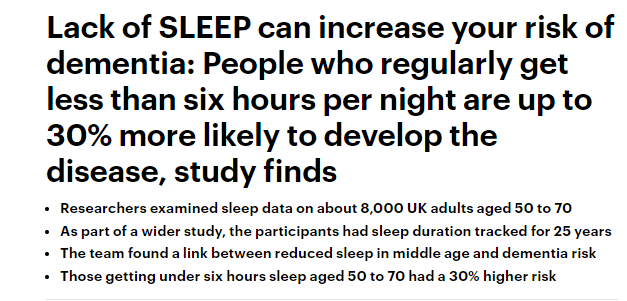
This piece has one of the weirdest uses of data that I've seen in a long time
I think it really shows that Australians are quite keen to get vaccinated! 1/n
I think it really shows that Australians are quite keen to get vaccinated! 1/n
https://twitter.com/smh/status/1394759788718854150
2/n The article reports a survey that was run by @smh and @theage talking to adults about whether they were "likely" to be vaccinated "in the months ahead" 

3/n According to the article, with nearly a third responding that they were unlikely to be vaccinated, there is a serious reason for concern representing an "alarming level of vaccine hesitancy"
But do the results show this?
But do the results show this?

4/n In the article, we've first got this bar chart, and indeed the two bottom numbers sum to 29% - nearly a third
Except, add up all the percentages here, and they equal 64%. What's going on?
Except, add up all the percentages here, and they equal 64%. What's going on?

5/n Well, the chart says that this excludes people already immunized
Further down, we can see a pie chart (shudder) showing that ~36% of people report either being vaccinated or having a booking for one already
Further down, we can see a pie chart (shudder) showing that ~36% of people report either being vaccinated or having a booking for one already

6/n So an alternative headline for this piece could've been "More than two-thirds of Australian adults already vaccinated or planning on getting one soon"
In my opinion, that would be an entirely reasonable reading of the data presented
In my opinion, that would be an entirely reasonable reading of the data presented
7/n I also strongly disagree that the people saying that they are unlikely to get vaccinated "in the coming months" is necessarily a sign of vaccine hesitancy at all
8/n If you look at the REASONS that people give for not thinking they'll get immunized soon, some are legitimate concerns but some are also literally factual reporting based on the current phased rollout in Australia 

9/n It also looks as if a reasonable portion of those waiting for a vaccine are worried about Astrazeneca and thus would rather get Pfizer/Moderna later this year. This is not your traditional vaccine hesitancy! 

10/n Indeed, if we are to believe the survey results, they are actually very optimistic (if perhaps a touch impossible)!
22% of all adults vaccinated in Aus, with another 13% getting their shots soon, would be a good sign
22% of all adults vaccinated in Aus, with another 13% getting their shots soon, would be a good sign
11/n I'm not sure the results are entirely possible, sadly. The government reports 3.2m shots so far. Even assuming they're all first doses, and all given to adults that's only 16% of the est 19.7m (19,753,290 per ABS) adults in the country 

12/n More likely, in my opinion, is that the survey was slightly biased, or that there is a reasonably wide margin of error in the reports
13/n Regardless, I think it's fair to say that, based on these results, Australians on the whole are very keen to get their COVID-19 shots even if they are thinking of waiting a few months until more Pfizer and Moderna doses are available
14/n All of this comes with the caveat that I can only look at the data presented in the article, and without detailed info on the survey methodology I cannot say anything with a great deal of certainty
• • •
Missing some Tweet in this thread? You can try to
force a refresh








